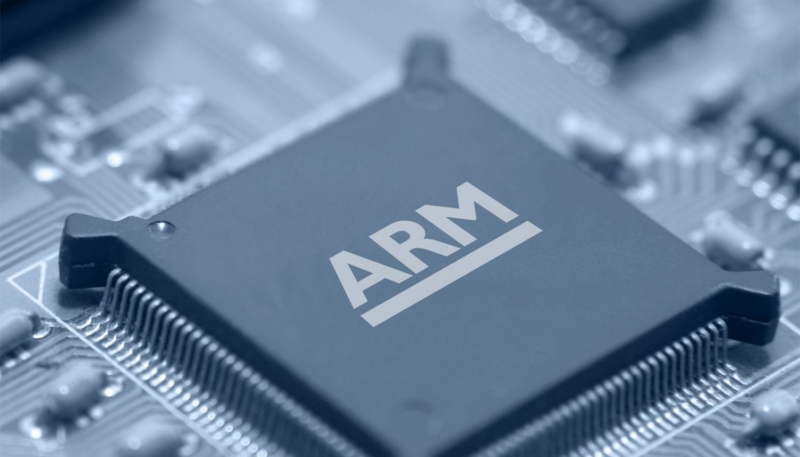The United States Federal Trade Commission on Thursday announced that it has filed a lawsuit to block Nvidia from acquiring U.K. chip design provider Arm Ltd. in a deal worth $40 billion.
The FTC says the deal would give Nvidia, which is one of the largest chip companies, control over computing technology and designs that rival firms rely on to develop competing chips. The commission says it believes the deal would discourage “innovative next-generation technologies.” The combined firm would be able to “unfairly undermine” Nvidia’s competitors.
“The FTC is suing to block the largest semiconductor chip merger in history to prevent a chip conglomerate from stifling the innovation pipeline for next-generation technologies,” said FTC Bureau of Competition Director Holly Vedova. “Tomorrow’s technologies depend on preserving today’s competitive, cutting-edge chip markets. This proposed deal would distort Arm’s incentives in chip markets and allow the combined firm to unfairly undermine Nvidia’s rivals. The FTC’s lawsuit should send a strong signal that we will act aggressively to protect our critical infrastructure markets from illegal vertical mergers that have far-reaching and damaging effects on future innovations.”
Nvidia announced back in September 2020 that it has agreed to purchase Softbank’s Arm for $40 billion, marking the largest chip manufacturer deals in history. The deal involved $12 billion in cash, with $2 billion due at signing. Nvidia would also cough up $21.5 billion in stock, with Arm employees receiving $1.5 billion in Nvidia stock.
At the time, Nvidia said that it would use the Arm acquisition to create the “world’s premiere computing company for the age of AI.” Nvidia pledged to continue Arm’s open licensing model and customer neutrality, but that hasn’t convinced companies like Qualcomm, which has opposed the deal.
According to the complaint, the acquisition will harm competition in three worldwide markets in which Nvidia competes using Arm-based products:
- High-Level Advanced Driver Assistance Systems for passenger cars. These systems offer computer-assisted driving functions, such as automated lane changing, lane keeping, highway entrance and exit, and collision prevention;
- DPU SmartNICs, which are advanced networking products used to increase the security and efficiency of datacenter servers; and
- Arm-Based CPUs for Cloud Computing Service Providers. These new and emerging products leverage Arm’s technology to meet the performance, power efficiency, and customizability needs of modern data centers that provide cloud computing services. “Cloud computing” refers to the increasingly popular computing business model in which large datacenter operators provide computing services remotely and/or directly offer computing resources for rent, as well as provide other support services to customers who can then run applications, host websites, or perform other computing tasks on the remote servers—i.e., “the cloud.”
An acquisition would also give the merged company “less incentive to enable otherwise new beneficial features or innovations” if Nvidia decides that these innovations would harm Nvidia.


